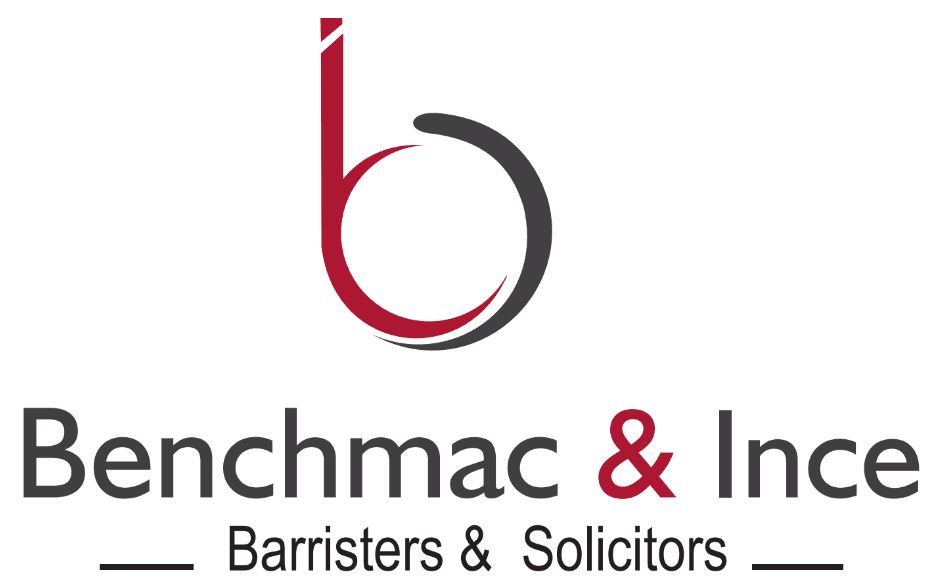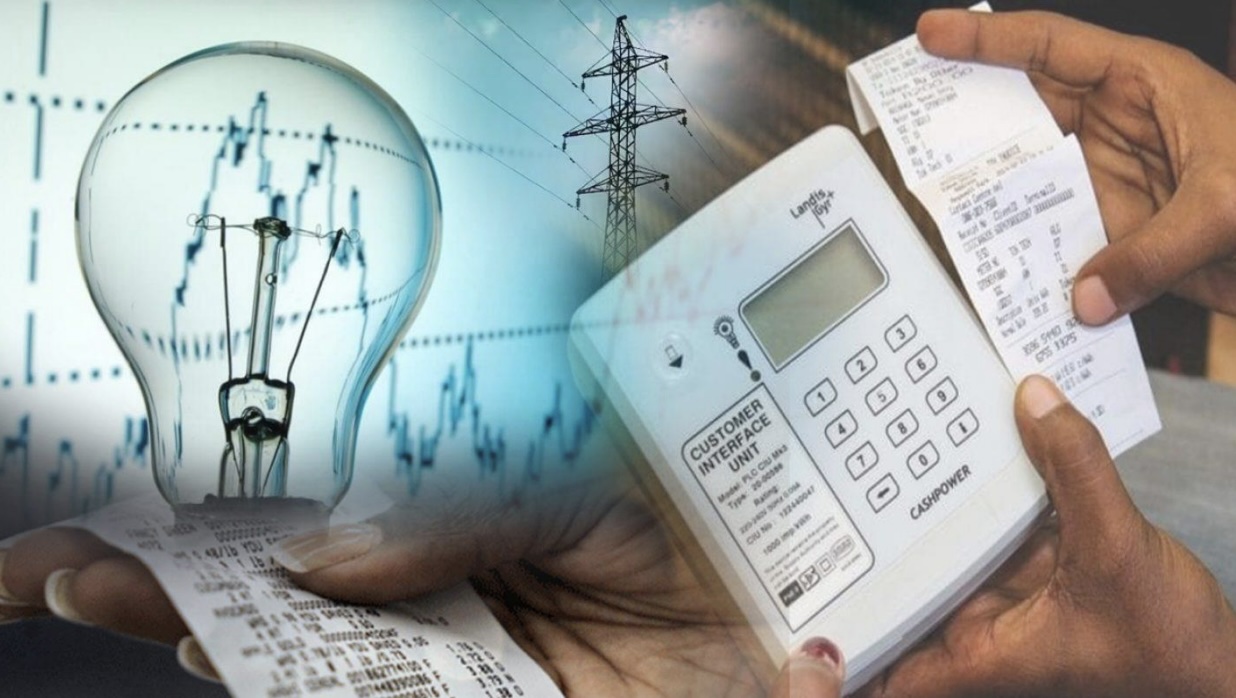Clikck here to download -> NIGERIA ELECTRICITY- TARIFF REVIEW UPDATE
NIGERIA ELECTRICITY– TARIFF REVIEW UPDATE
Introduction:
The Nigerian Electricity Regulatory Commission is responsible for the regulation and determination of electricity tariff in the Nigeria Electricity Supply Industry. One of the primary functions of the Commission as contained in Section 32 (d) of the Electric Power Sector Reform (EPSR) Act, 2005 is to ensure that the prices charged by licensees are fair to customers and sufficient to allow the licensees to finance their activities and obtain reasonable profit for efficient operations.
The Commission pursuant to its regulatory powers provided under Section 76 of the EPSR Act previously issued a Tariff Order called the Multi-Year Tariff Order (MYTO) that sets out tariffs for the generation, transmission and distribution of electricity in Nigeria. The Multi-Year Tariff Order (MYTO) is a tariff model for incentive-based regulation that seeks to reward performance above certain benchmarks, reduces technical and non-technical/commercial losses and leads to cost recovery and improved performance standards from all industry operators in the Nigerian Electricity Supply Industry.[1] The Multi-Year Tariff Order (MYTO) allowed for bi-annual minor tariff reviews while major tariff reviews were planned every five years.
On January 17 2024, The Nigerian Electricity Regulatory Commission (NERC) approved new electricity tariffs for the 11 distribution companies (DISCos) in the country, with effect from January 1, 2024. However, despite the publication of the multi-year tariff order for 2024, the 11 electricity distribution companies (DISCos) were asked not to proceed with the implementation of the new electricity tariff regime as the Federal Government would continue to subsidize electricity to ease the financial burden on Nigerians due to the current economic challenges faced by the nation to the tune of N1.6 trillion as subsidies for consumers in 2024 (a monthly average of N120 billion).
Notable points in the 2024 Multi Year tariff order
- The order seeks that the prices charged by DISCos are fair to customers and sufficient to allow DISCos to fully recover the efficient cost of operation, including a reasonable return on the capital invested in the business.
- Customers would continue to pay the current tariffs as the Federal Government would subsidize the new tariffs to the tune of N1.6 trillion throughout the year.
- The NERC approved a monthly tariff review of the DISCos, arising from changes in the inflation rates, Naira/US dollar exchange rates, and gas-to-power prices.
- NERC included some provision that would ensure that the DISCos pay what they are obligated to pay.
- In line with the direction of the Federal Government policy on electricity subsidy, the allowed tariffs are frozen for all customers at the rates payable since December 2022.
- the cost-reflective tariff for Abuja Electricity Distribution Company is N120.88 per kilowatt hour (kwh). However, a tariff of N63.24/kWh is allowed by NERC, indicating a shortfall of N58.12/kWh, which the Federal Government subsidizes.
- For Ikeja Electric, the cost-reflective tariff is N128.18 while the approved tariff is N56.6, leaving a shortfall of N53.5/kWh-(Kilowatts means a measure of thousand watts of electrical power).
- The new tariff contains what the DISCos are allowed to charge based on government policy if they are to remain in service.
Due to the current economic condition of the country, there were no tariff adjustments in 2023, as the government sustained subsidy payments in the power sector amid a face-off with the Nigeria Labour Congress NLC on the already removed petroleum subsidy to cushion the effect of the subsidy removal.
Clikck here to download -> NIGERIA ELECTRICITY- TARIFF REVIEW UPDATE
[1] https://nerc.gov.ng/index.php/home/myto
The opinions in the articles are for general information purposes only and do not form a legal relationship or be taken as legal advice. To explore legal advice, please consult your solicitor or feel free to get in touch with us directly.


